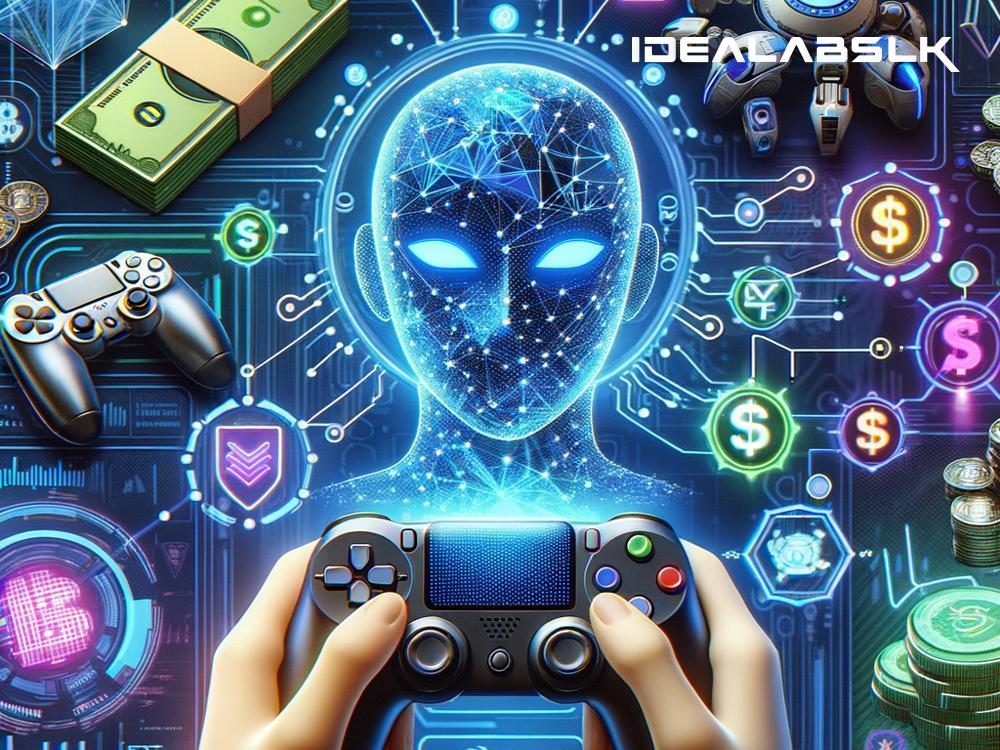How AI Will Influence Game Monetization Strategies in 2025
In recent years, AI, or artificial intelligence, has been a game-changer in many industries, including gaming. As we look forward to 2025, it's clear that AI will play an even more critical role, especially in how games make money - a concept we often refer to as game monetization strategies. So, what changes can we anticipate in the gaming world thanks to AI? Let’s dive in and explore.
Understanding Game Monetization
Before we jump into the impact of AI, let’s briefly look at what game monetization means. In simple terms, it's the process of earning revenue from a game. This could be through selling the game itself, offering in-game purchases like special items or costumes, or even featuring ads within the game.
The Current landscape
Currently, game developers and companies rely on a mixture of these methods to make money. They study player behavior manually and through basic analytics to understand what gamers enjoy and are willing to pay for.
The Shift in 2025: AI’s Role
As we leap towards 2025, AI is set to fundamentally change how developers approach monetization. Here’s how:
Personalized In-Game Offers:
Imagine playing a game and getting personalized suggestions for items or features that genuinely interest you. AI can analyze your gaming style, preferences, and spending habits. With this data, it can provide tailored suggestions, significantly improving your gaming experience and boosting the game’s revenue.
Dynamic Pricing:
AI can adjust the price of in-game items or features based on various factors, such as demand, the player’s spending habits, and even the time of day. This dynamic pricing strategy ensures that players are more likely to make purchases, thereby increasing the game’s overall revenue.
Enhancing Free-to-Play (F2P) Models:
The F2P model, where games are free to download but offer in-game purchases, has been popular. With AI, developers can fine-tune this model by identifying the most engaging aspects of their game, leading to more strategic placement of in-game purchases and ads, which can captivate players without turning them off.
Real-time Content Creation:
AI will not just influence how games earn money but also how they’re created. For instance, AI can generate new game levels or content in real time, based on player preferences and behaviors. This keeps the game fresh and exciting, encouraging players to spend more on new experiences.
Smarter Ad Placement:
Nobody likes intrusive ads while playing. AI can predict the best times to show ads, making them less annoying and more effective. This smart ad placement can enhance the player’s experience while optimizing ad revenue for developers.
Fraud Prevention:
AI can also help in identifying and preventing fraudulent transactions within games, ensuring a secure environment for genuine players. This boosts player confidence in spending within the game, thereby enhancing monetization.
Predictive Analytics:
Finally, with AI, developers can use predictive analytics to forecast future trends and player demands. This means they can create content that they know will resonate with their audience, leading to better monetization outcomes.
The Human Touch Still Matters
While AI brings numerous advantages, the human aspect remains crucial. AI assists in understanding and predicting preferences, but the creativity and emotional connections forged in games come from human developers. Additionally, ethical considerations in AI usage, particularly concerning privacy and data security, require human oversight.
Wrapping Up
Looking ahead to 2025, AI’s influence on game monetization strategies is undeniable. It promises to offer a win-win scenario: enhanced player experiences and increased revenue for developers. However, the journey toward integrating AI into gaming should be balanced with ethical considerations and a commitment to enhancing the gaming experience without compromising the human element that makes games truly engaging.
As we embrace AI in gaming, we stand on the brink of an exciting era where games are more tailored, engaging, and enjoyable than ever before, proving that the future of gaming is not just about playing; it’s about experiencing.

